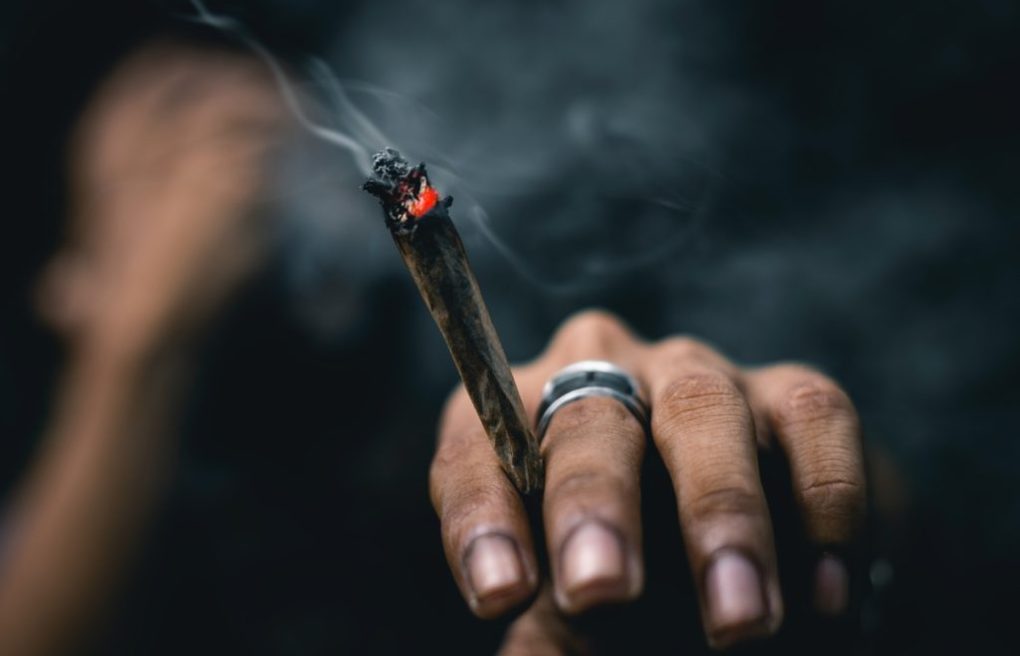
Health Harms of Cannabis Exposed – Cannabis | weed | marijuana
The health harms of cannabis need to be thoroughly debunked. We’ve already covered the public health issue of the cannabis industry. But now we have an updated overview of existing studies. And the results are favorable to us and unfavorable to public health prohibitionists.
The problem, of course, is “public health” itself. Like “public education,” it confuses the state with civil society. It is understood that individual adults, private organizations, healthcare providers, insurance companies and other government agencies cannot identify and provide quality and accessible healthcare.
There is no “public”. There is only the concerted action of individuals.
Public health is government-mandated health care and narratives about health. For example, Public Health touts the brain disease addiction theory as “evidence-based.” Any reasonable opposition to it is misinformation and hate.
Whether proponents realize it or not, public health is about protecting the financial interests of the healthcare industry, especially big pharma companies.
Because of this, we’ve seen public health chasing cannabis like it’s a NyQuil chicken scam. They say cannabis is highly addictive and causes schizophrenia in young people. They spread lies about an increase in fatal traffic accidents and increased levels of depression, anxiety and psychosis.
How much of this is true? According to a new review of existing studies — none of that. The legalization of cannabis leads to a reduction in crime, traffic fatalities and alcohol consumption.
Cannabis Health Harms Exposed – Think of the Kids!
Researchers examined studies published between 2013 and 2020 on the public health impact of cannabis legalization in legal states in America. They included data from both medical and recreational states.
One of the first health harms from cannabis that they debunked was increased use among young people. Whenever people talk about cannabis, you can usually find a public health busybody yelling, “Wouldn’t someone please think about the kids?”
Still, the researchers found “almost without exception” “little credible evidence” that legalization increases underage use.
On the contrary, they found “convincing evidence” that legalization leads to fewer young adults drinking alcohol. A number of studies in the review concluded that people often dropped the alcohol for the herb.
If public health can’t see that for success, there’s no hope for them.
Public health snobs are always whining about increased hospitalizations of children who accidentally use cannabis (ignoring that legalization creates this statistical anomaly since parents don’t admit use in illegal states).
However, researchers found that legalization not only leads to a decrease in alcohol sales, but also to “a sharp decrease in alcohol-related hospitalizations among men aged 15 to 25.”
“These studies … have, in our opinion, gone a long way towards settling the debate over whether alcohol and marijuana are adjuncts or substitutes, at least among young adults,” the authors wrote.
But of course, in this world of “diversity, equity and inclusion,” teenage boys having their stomachs pumped is not a problem. The problem is crappy parents who don’t keep cannabis edibles out of their kids’ reach. So let’s restrict everyone’s freedom.
Harms to health from cannabis exposed – male suicides

This review of studies also found that legalizing cannabis was correlated with an 11 percent reduction in suicides among men aged 20 to 29 and a 9 percent reduction in male suicides among those aged 30 to 39.
I’m beginning to notice a pattern here.
It’s as if a small risk to children or the insane justifies a criminal ban on a non-poisonous plant. But a reduction in young male suicides and alcohol abuse? Grilling.
But the paper’s conclusions should make headlines everywhere. “If alcohol and marijuana are treated as surrogates, as most studies suggest based on well-defined natural experiments, then legalizing marijuana could improve mental health and ultimately reduce suicides,” it said.
The review also found “little evidence” to suggest cannabis promotes tobacco smoking. If anything, it “disadvised its use,” the paper said.
Likewise, the study links access to medical cannabis to a reduction in prescription medications, particularly for those linked to depression, anxiety and epilepsy.
Legal cannabis also appears to reduce workplace injuries. However, the authors admit that there is insufficient data in this area to draw a solid conclusion.
Likewise, “the impact of medical marijuana legalization on other public health impacts, such as prescription opioid-related mortality, has proven more difficult to assess,” the authors write.
Health damage from cannabis exposed – road safety

When it comes to cannabis and driving, we’ve already debunked many of these alleged health hazards. But while we’ve shown why studies linking cannabis to fatal accidents are nonsense, this review study shows that “road safety is improved when medical marijuana is legalized.”
Legal cannabis could also discourage drunk driving, the study speculates.
Of course, as with many cannabis-related studies, the devil is in the details. Even the authors admit
It is not yet clear how the legalization of recreational marijuana will affect these and other important public health impacts… We will be able to draw stronger conclusions as more follow-up data is collected in states that have recently adopted recreational use – Legalized marijuana.
But what about the kids?

There are people in this world who will oppose cannabis legalization because it helps young white men. We can safely ignore these people. Unless they are in public health. Then you are assigned to listen to them.
Will legalizing cannabis lead to positive public health outcomes? According to this recent review of existing studies, the answer is an unequivocal yes.
Will public health busybodies do a 180 degree turn on cannabis and promote it to reduce alcohol abuse and male suicide rates?
Of course not. You still can’t patent cannabis. And at the end of the day, that’s all “public health” means.
Your Health. Presented by special interests.

Post a comment: